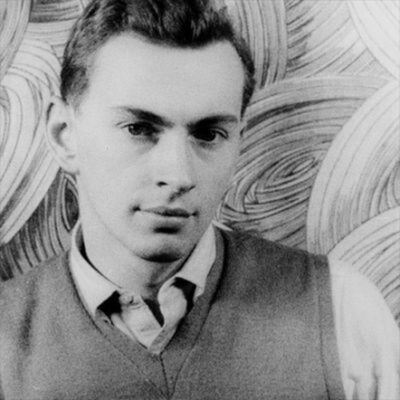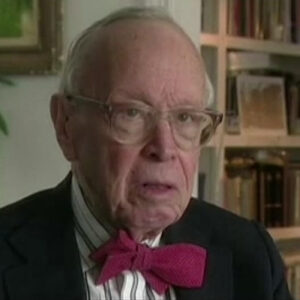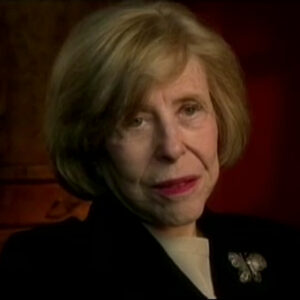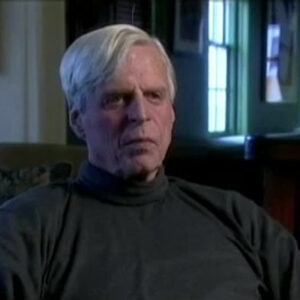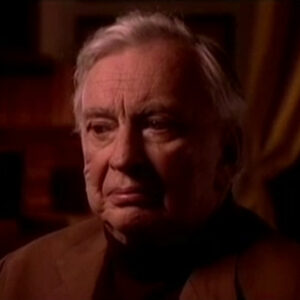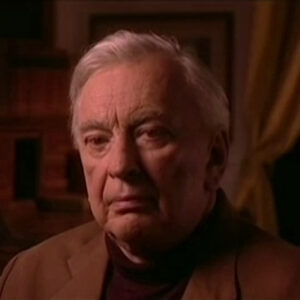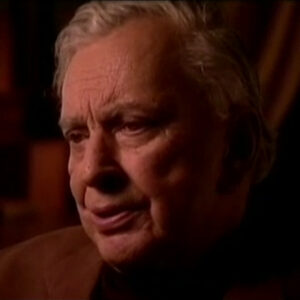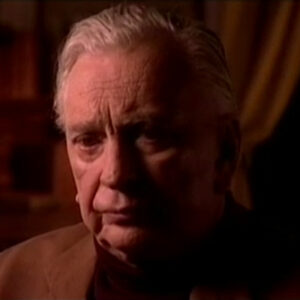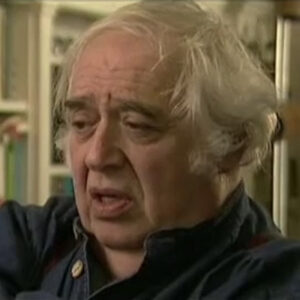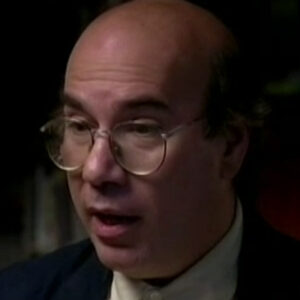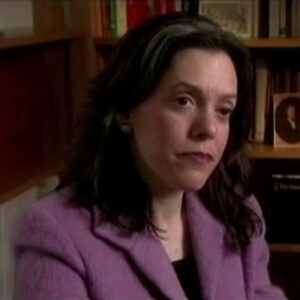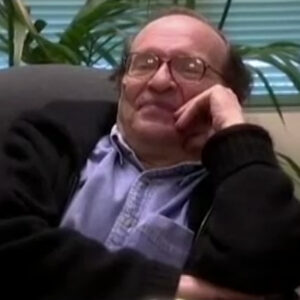Speaker I think it’s an important part of Vidal as a work of art, as a public figure in some ways, because everybody knows that Fidel by his own account, has had a life of great debauchery, great sexual appetite, great appetite for fame, appetite for power. Also his his runs for Congress in the 1960s, his very unabashedly egotistical public persona. And I think he’s done this very consciously. But also it it is truly, in some ways who he is. He is he is truly, in some respects, a figure less of America in the 20th century than of ancient Greece or ancient Rome, an outsized figure with outsized appetites.
Speaker Right now, is there anything you’d like to add that I haven’t asked what you think is important?
Speaker Yeah, let me think about this man, if you want to ask.
Speaker We could do it if you want to talk a little bit about his role, his observations about American culture, especially in Meira, which I think is a book that people never really.
Speaker Vidal has, I think, an exquisite sense of the theatricality of American life and of American history. This is one of the reasons that he’s been fascinated by Hollywood, by the movies since he since his childhood. And he’s been sort of scratching at the door of Hollywood for decades. And I think Americans often aren’t ready to admit this about themselves.
Speaker Americans, we would rather believe that we’re all very solid and steady and good workers and that we tip our hats to the corporation at the right time. And we also know when to be rugged individualists. But we certainly, certainly aren’t flashy people.
Speaker We certainly aren’t theatrical like the Europeans and that are our history is somehow rational that it makes sense. It was it was good decision making. It was good management. And now here we are, America Inc, with the largest market share in the world. And I think that that Vidal recognized that American culture was actually about theatricality and self-expression to a great extent, I think. And in Myra Breckinridge, he found somebody who was completely self-made to an almost ludicrous extreme self created and an American hero, undeniably an American hero at the same time that she was an American villain to many of the people who encountered her in 1968.
Speaker I think that I think Fidel is one of the few truly aristocratic voices that our society has produced, and if you look at his work, there are just all of the signs there, his taste for irony, his cosmopolitanism, his gleeful wickedness, his sense of jealousy, his desire to annihilate other writers and to and to annihilate other powerful figures, his desire to be both the guest of honor and the gatecrasher at every dinner party. He wants to have it all. And in many respects, he does.
Speaker I think it may be a terrible thing to say, but I think Fidel is a writer who may be appreciated and loved much more when he’s gone. I think many of the reasons that people today are irritated and infuriated by him, his arrogance, his political idiosyncrasies, his iconoclasm and his rudeness are much less awful in the dead. We’re going to be much more willing to forgive those qualities, I think, when this is no longer a living person with ambitions and ego. But this is a voice speaking to us from the page.
Speaker And I, I often say when I when I think of Vidal, I think I think it was LaRouche Roco who said that wanting to meet a writer because you like his books is like wanting to meet a goose because he like foie gras. I sometimes I’ve never met Fidel and I sometimes feel and reading him that I would very much like to know him. And then other times I feel like this is something I would never want to get to get close to, never want to get within range of that terrible rapier wit. And I feel very glad that there’s this technology that Gutenberg invented that lets me get his his wit without being within its deadly range. Yeah, I think one of the ironies of Vidal is that he very much posture’s as a sort of a latter day Henry Adams in his work on the same skepticism that Adams felt about the American empire, the corporatization of America, the centralising of power at the end of the 19th century. Vidal was warning about and worrying about at the end of the 20th century, and in much the same way that Henry Adams was looking back to the glory days of the early republic of his great grandfather and grandfather, Vidal has looked back to what he sees as the glory days of of the Early Republic and the political culture represented by his own grandfather, Senator Thomas Gore from Oklahoma and other ancestors of his. He feels, I think very much that he has a sort of a a private stock of American history in a way that most other people don’t. Most of us get our history at third hand. It’s something that happened to other people. But he has a very personal story to draw upon in the way that Adams did. But at the same time, I think that that Vidal in some ways, he transcends the character of Henry Adams almost without wanting to, I think. Well, he’s very, very suspicious of of charm in other people. He can’t help being enormously charming himself, even when he’s trying to be his most provocative and his most wicked. In some ways, that’s when he’s at his most charming in a way that Henry Adams, when he was being his most provocative, he was very stern and curmudgeonly. But but Vidal is he has a playfulness and a lightness to him. And there’s a there’s a great pleasure to his work. You you know that when you sit down with a fiddle essay or a Vidal novel, you’re going to just eat it up with a spoon.

